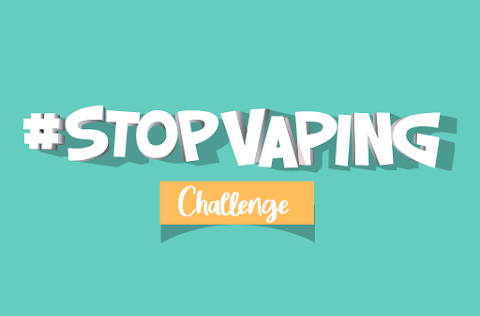Abstract:
In the present study, we examined the association between duration of nicotine replacement therapy (NRT) use and smoking cessation using data from the Ontario Tobacco Survey longitudinal study (3 waves of data collected between July 2005 and December 2009). We used logistic regression with generalized estimating equations to examine the association between NRT use (any use and <4 weeks, 4.0–7.9 weeks, 8.0–11.9 weeks, and ≥12 weeks of use compared with nonuse) and quitting smoking (≥1 month). Using NRT was not associated with quitting when use duration was not taken into account (adjusted odds ratio (OR) = 1.08, 95% confidence interval (CI): 0.86, 1.35). Compared with abstaining from NRT when attempting to quit smoking, using NRT for less than 4 weeks was associated with a lower likelihood of quitting (adjusted OR = 0.51, 95% CI: 0.38, 0.67); however, using NRT for 4 weeks or longer was associated with a higher likelihood of cessation (for 4.0–7.9 weeks of NRT use, adjusted OR = 2.26, 95% CI: 1.58, 3.22; for 8.0–11.9 weeks of NRT use, adjusted OR = 3.84, 95% CI: 2.24, 6.58; and for ≥12 weeks of NRT use, adjusted OR = 2.80, 95% CI: 1.70, 4.61). Thus, use of NRT for less than 4 weeks was associated with reduced likelihood of cessation, whereas NRT use for longer periods of time was associated with a higher likelihood of cessation.
Author(s): Bo Zhang, Joanna Cohen, Susan Bondy, and Peter SelbyDate: April 2015
Type of Publication: Journal Article


 Download directly from your phone’s app store, or through the following links:
Download directly from your phone’s app store, or through the following links: 




